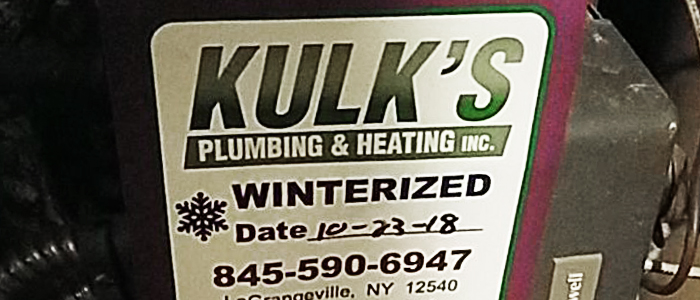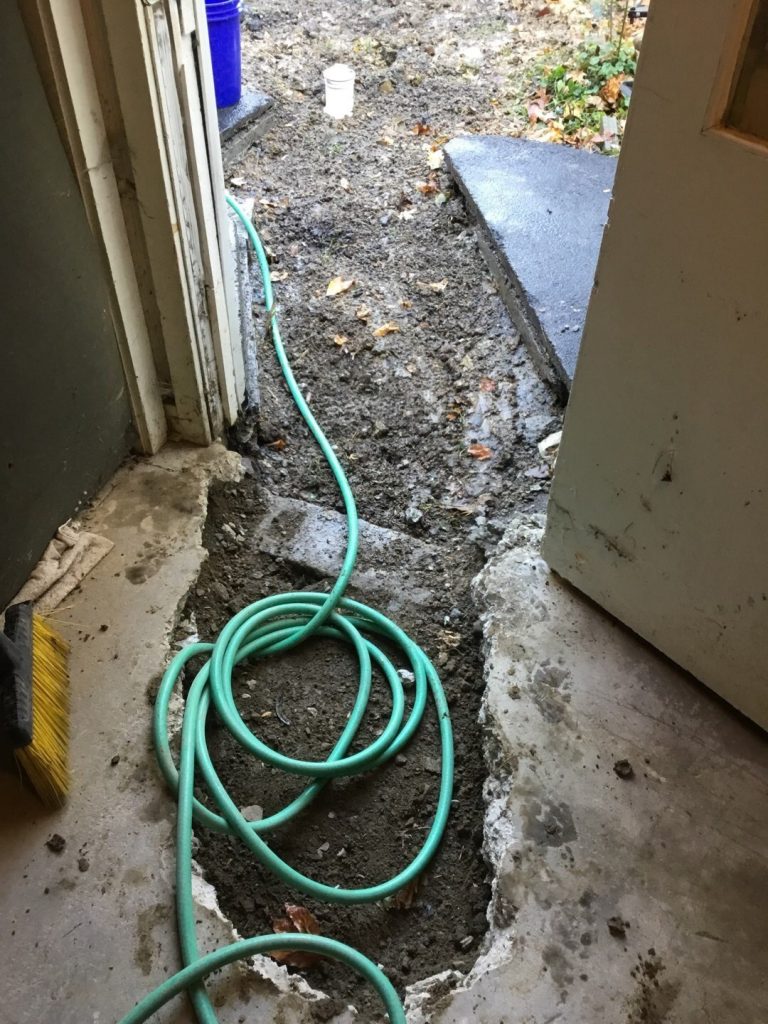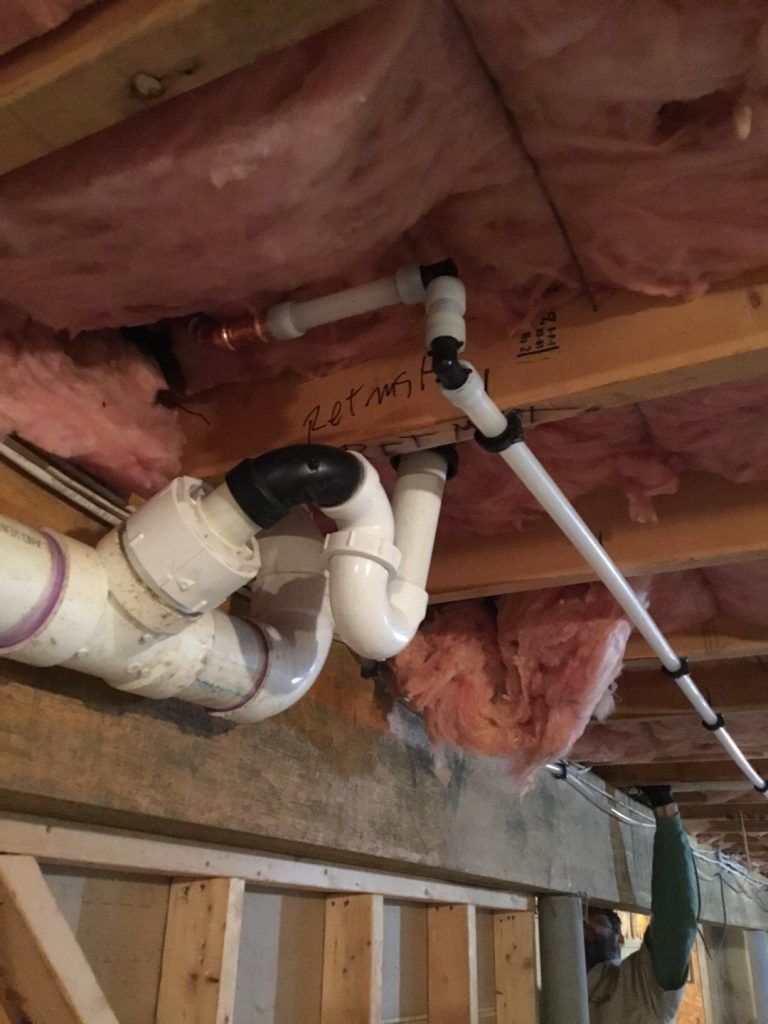Best Ways To Prevent Frozen Pipes

The nights are getting colder, and as the temperatures continue to decrease, it is important to be prepared. As part of your home winter preparation, you should know how to (and implement practices that) prevent frozen pipes. The unique quality of water is that is expands when it freezes. When this expansion takes place, it puts a lot of pressure on the container that it’s enclosed in. Meaning, if the water in your pipes freezes, this high-pressure expansion could lead to burst pipes. Avoiding this freezing in the first place, is key in preventing broken pipes.
The Most Common Reasons Why Pipes Freeze:
- Pipes are exposed to severe cold (like outdoor hose bibs, swimming pool supply lines, sprinkler lines, etc.)
 They are in an interior area that is unheated (like basements, crawlspaces, attics, garages, etc.)
They are in an interior area that is unheated (like basements, crawlspaces, attics, garages, etc.)- Walls along the exterior have poor insulation
Unfortunately, when temperatures plummet in the dead of winter, the chance of frozen pipes bursting skyrockets. A burst pipe, or pipes, can bring with it some messy (and costly) damages to your home. Protecting your pipes prior to winter, (especially the pipes in any of the above situations listed) is key in preventing these unwanted damages and the cleanup that comes with it.
How To Proactively Protect & Prevent Your Pipes From Freezing:
- Drain water from your exterior water lines (pool and sprinkler supply lines).
- Remove, drain, and store hoses used outdoors and close the inside valves supplying these outdoor hose bibs. Leave the outside hose bibs open to allow water to drain and allow for remaining water in pipe to expand without causing a burst pipe.
- Add insulation to attics, basements, crawlspaces that house important pipes.
- Insulate the pipes in the colder areas of your home with products specifically made for warming pipe (pipe sleeves, heat cable, etc.).
- Consider future pipe relocation to a warmer area.
- When temperatures drop very low, let your faucets drip to keep the water moving in the pipes.
- Open cabinet doors around pipes to increase flow of warm air.
- Be sure to keep your thermostat on at least 55 degrees during cold months, even if you will not be home.
- Keep your garage and other exterior doors closed.

How Do You Know If You Have Frozen Pipes?
- A good indicator of a frozen pipe is a faucet not flowing, or a toilet not flushing.
- The most likely places you’ll find the frozen pipes are in the areas listed earlier (exterior lines, pipes in unheated areas, pipes against exterior walls).
If you do in fact suspect you have frozen pipes, there are ways to begin thawing them. However, if a pipe is thawed too quickly, this quick thawing could actually cause the pipe to burst. When dealing with something as serious as frozen pipes, calling a plumber is the best option. It is important to contact your plumber as soon as you expect your pipes may be frozen. By following the tips above, and proactively preparing your pipes and the areas of the home they are located in, you can help to avoid freezing within your pipes.
Consider having your professional plumber come out prior to winter to inspect your pipes to evaluate how they may fare in winter in their current condition, especially if this is your first winter in your home. Being proactive is always better than being reactive. Depending on the severity of winter, protecting your pipes from severe cold can be challenging even when proper preparation steps are taken. If you find yourself in an emergency situation with frozen pipes or a burst pipe this winter, the technicians at Kulk’s Plumbing & Heating are available 24.7 for emergency plumbing services. Now is the time to make sure you are adding key winterization items to your home’s winter preparation list like protecting your pipes, water heater maintenance, furnace maintenance, and boiler maintenance!

